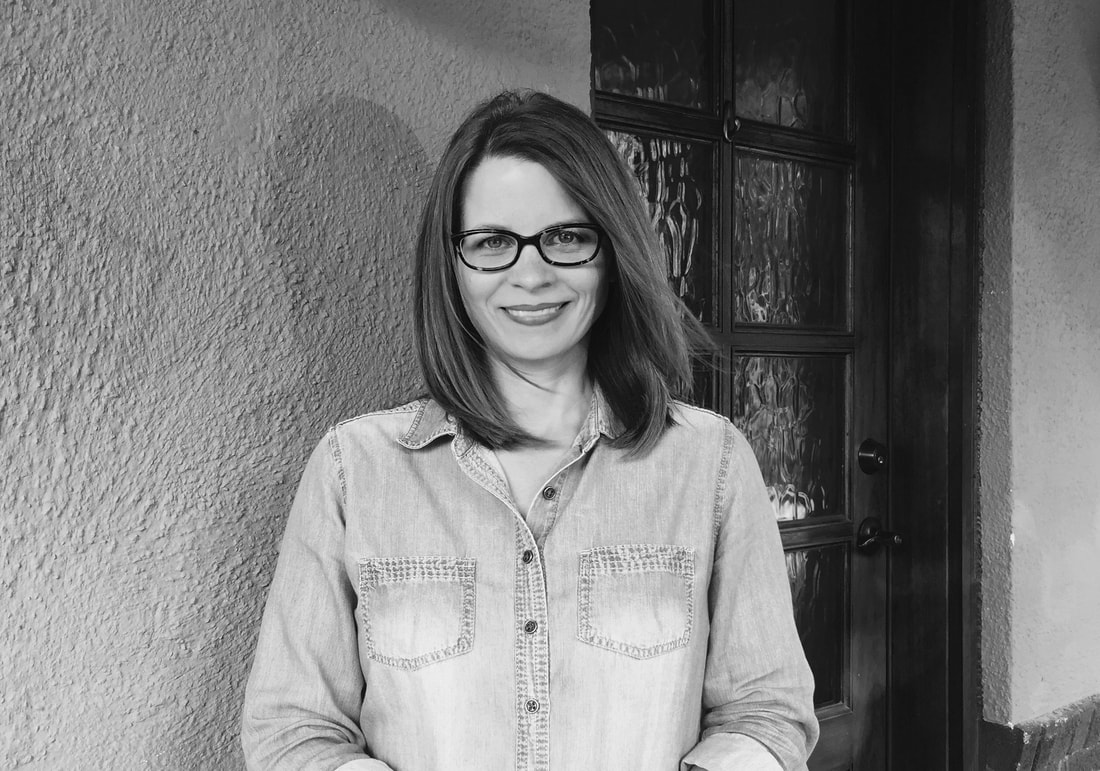|
COURSE DESCRIPTION
Today, genealogy is big business. In 2015, Ancestry.com earned a revenue of $683 million, MyHeritage.com claimed 80 million registered members, and FindMyPast.com boasted records dating back to AD 1200. Boosting these numbers are popular televised documentary series like Who Do You Think You Are? (NBC/BBC), Finding Your Roots (PBS), and Genealogy Roadshow (PBS)—all of which Ancestry.com very visibly sponsors. (There’s even a drinking game!) Along with these three shows, this class will consider documentary films and web series spawned by this latest interest in genealogy. As we relate the works to larger historical issues and examine some of the political, racial, economic, and nationalist sensibilities that surround tracing one’s roots, we will ask questions like the following:
Kelli Marshall, Winter 2017 Course DescriptionAmerican stand-up comedy is experiencing yet another boom, following the rise of the chitlin’ circuit and Borscht Belt performers of the 1930s and 1940s, the “sick” or “cerebral” comedians of the 1960s, and the comedy-club set of the 1980s. As a result, the craft has been the subject of several recent cinematic, televised, and streaming documentaries.
Course DescriptionThis course examines the rise and growth of documentary forms including audio, film, television, photography, literary journalism, and ethnography. Our primary focus in this class will be film and its transference to television after WWII. But students will study representative works from the other documentary approaches and learn to analyze the techniques of observation and representation at use in these pieces. Finally, students will become familiar with major theoretical constructions of documentary and be able to use these analytical tools to critique documentary forms.
|
Kelli MarshallWriter, editor, and educator who creates and improves print and digital content for academic and popular audiences. Also, a Gene Kelly fan. Course Descriptions
All
|


 RSS Feed
RSS Feed